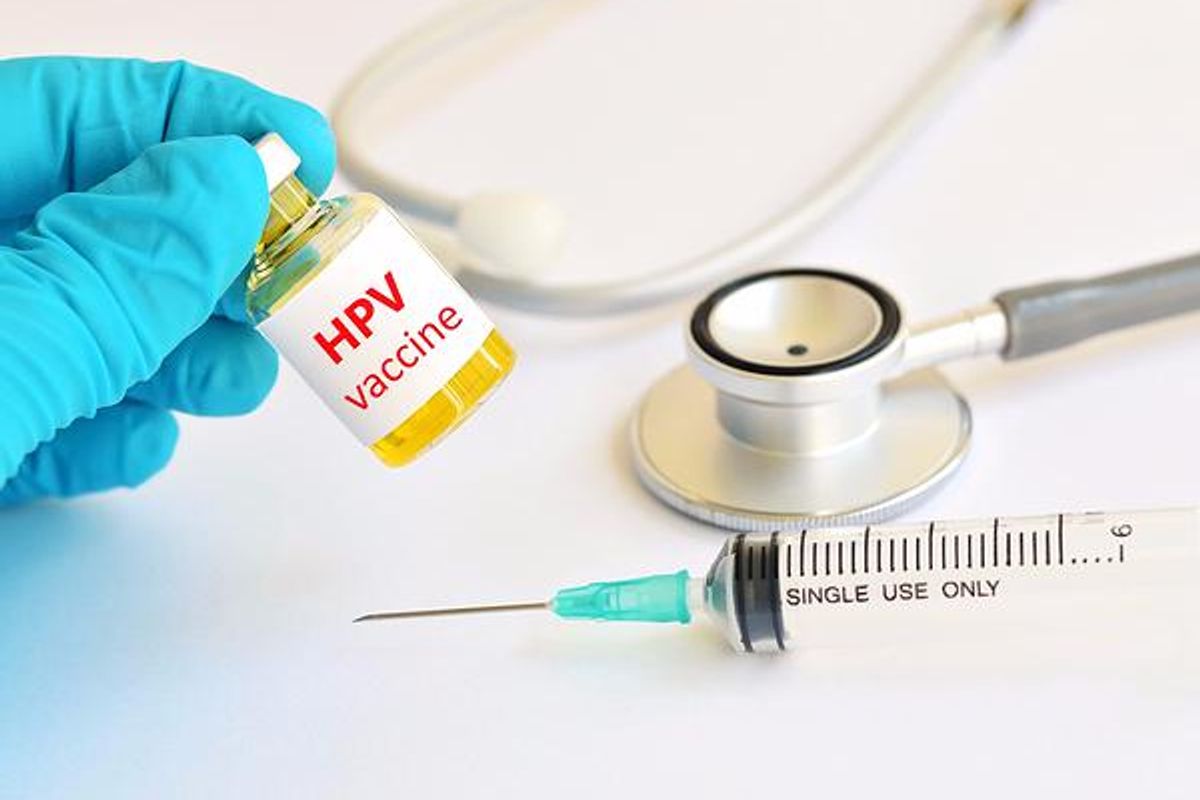
Study Hints at HPV Vaccine's Cancer Prevention Promise
The human papillomavirus (HPV) vaccine appears to prevent abnormalities that can lead to cervical cancer, a new study shows.
Jul 04, 2016
Jul 02, 2024
Cervical Cancer
Learn about our editorial policies

The human papillomavirus (HPV) vaccine appears to prevent abnormalities that can lead to cervical cancer, a new study shows.
MONDAY, July 4, 2016 (HealthDay News)—The human papillomavirus (HPV) vaccine appears to prevent abnormalities that can lead to cervical cancer, a new study shows.
Canadian researchers found that young women who received the vaccine through a school-based program were less likely to have such abnormalities when screened for cervical cancer than those who did not receive the vaccine. The young women were screened less than 10 years after they received their first HPV vaccine.
The findings are from the province of Alberta. In 2008, Alberta introduced HPV vaccination for grade 5 girls (aged 10-11) and a three-year catch-up program for grade 9 girls (aged 14-15). The program provided three doses of the vaccine that protects against two strains of HPV. Those two strains of HPV account for 70 percent of all cases of cervical cancer, the researchers said.
The study evaluated Pap test results for more than 10,000 women, taken between 2012 and 2015. During a Pap test, cells are collected from the cervix to check for cervical cancer. The women were between 18 and 21 years old.
Among those women, 56 percent had not received HPV vaccination. The remaining 44 percent had received one or more doses of the HPV vaccine through the school program. About 84 percent of those given the vaccine were considered fully vaccinated. That means they had three or more doses of the vaccine, the researchers noted.
More than 16 percent of unvaccinated women had cervical abnormalities on a Pap test. Among women who had been fully vaccinated, the rate of cervical abnormalities was 12 percent, the study showed.
"Eight years after a school-based HPV vaccination program was initiated in Alberta, three-dose HPV vaccination has demonstrated early benefits, particularly against high-grade cervical abnormalities, which are more likely to progress to cervical cancer," study author Dr. Huiming Yang and co-authors wrote. Yang is the medical officer of health, and medical director of screening programs, for Alberta Health Services.
The researchers said they hope these findings and future research leads to improved prevention efforts. They also suggested that HPV vaccination programs could be integrated with cervical cancer screening programs.
The study was published online July 4 in the journal CMAJ.
SOURCE: CMAJ, news release, July 4, 2016
Copyright © 2016 HealthDay. All rights reserved.